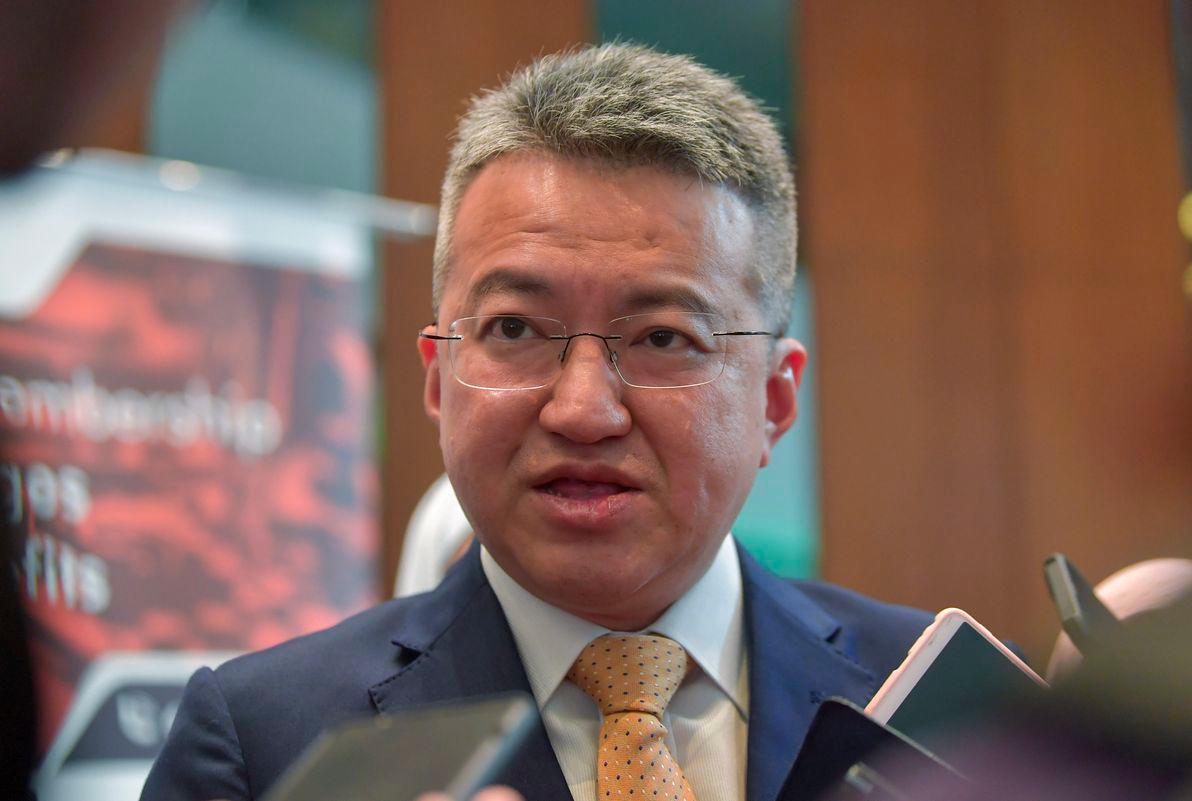KUALA LUMPUR: The government will review the possibility of strengthening localisation requirements imposed on foreign investors to create a more resilient ecosystem in Malaysia, enabling local companies to benefit from spillover effects.
Deputy Minister of Investment, Trade and Industry, Liew Chin Tong, said the move aims to ensure that micro, small and medium enterprises (MSMEs) benefit not only from new domestic and foreign investments, but also from efforts to grow Malaysian companies into multinational corporations (MNCs).
“There needs to be a shift in mindset, as MSMEs and smaller firms have traditionally been seen only as support players to large foreign MNCs.
“The new approach emphasises the capabilities and potential of Malaysian companies to become technology-based MNCs that can play significant roles on the global stage,” he said during a question-and-answer session in the Dewan Rakyat today.
He was responding to a question from Datuk Seri Dr Wee Jeck Seng (BN–Tanjung Piai), who asked about the status and effectiveness of negotiations between the Malaysian Government and the United States (US) regarding the implementation of reciprocal tariffs.
Wee also sought assurance from the government that the ongoing period of uncertainty would not adversely affect trade, supply chains, and the SME sector in Malaysia.
Liew said the government is confident that the early measures already implemented, along with carefully planned mitigation strategies, will help minimise the negative impact of any reciprocal tariffs imposed by the US on Malaysia.
“The Ministry of Investment, Trade and Industry (MITI), through its agency, the Malaysia External Trade Development Corporation (MATRADE, is also undertaking mitigation efforts by diversifying Malaysia’s export markets.
“This includes exploring new destinations in non-traditional markets and strengthening export networks for Malaysian products, particularly to fast-growing emerging markets in Central Asia, South Asia, the Middle East, Africa, and ASEAN,” he said.
To position Malaysia as a key hub within global supply chains, he said the government is committed to enhancing national resilience by nurturing local technology companies in strategic sectors such as semiconductors.
He also noted that the government is committed to transforming local firms from merely being outsourcing manufacturers under the “Made in Malaysia” label to becoming creators of products “Made by Malaysia”, signifying Malaysian-developed technology.
“MITI, together with the Ministry of Finance, will introduce the New Industrial Investment Framework (NIIF) in the third quarter of this year to attract high-value investments and activities, ensuring that all investments bring tangible benefits such as quality employment for Malaysians and contribute to the development of ecosystems and technology within Malaysian companies,” he added. - Bernama









